One of the most common reasons for a kitchen sink to stop working is a clogged drain. Over time, food particles, grease, and other debris can build up in the drain and cause it to become blocked. This can lead to slow draining or even a complete blockage, making it difficult or impossible to use your sink. If you notice that your sink is draining slowly or not at all, it is important to address the issue immediately to prevent further damage. You can try using a plunger or a drain snake to clear the clog, but if these methods don't work, it may be time to call a professional plumber.1. Clogged Drain
Another common problem that can cause a kitchen sink to stop working is leaking pipes. This can be caused by a variety of factors, such as old or corroded pipes, loose connections, or even damage from a clog or blockage. Not only can leaking pipes lead to a malfunctioning sink, but they can also cause water damage to your kitchen and potentially lead to mold growth. If you notice any signs of leaking pipes, such as water stains or puddles under your sink, it is important to address the issue right away. Ignoring the problem can lead to costly repairs in the future, so it is best to call a plumber to fix the issue before it gets worse.2. Leaking Pipes
If your kitchen sink has a garbage disposal, it is possible that the unit may be the reason why your sink has stopped working. A broken garbage disposal can cause a variety of issues, such as clogs, leaks, and strange noises. If the disposal is not functioning properly, it can also prevent your sink from draining properly. If you suspect that your garbage disposal is the culprit, it is best to call a professional to assess the situation. They can determine if the unit can be repaired or if it needs to be replaced.3. Broken Garbage Disposal
A faulty faucet can also cause your kitchen sink to stop working. This can include issues such as a leaky faucet, a loose handle, or a faucet that won't turn on or off. These problems can be caused by wear and tear over time or a malfunctioning component. If you are experiencing issues with your faucet, it may be time to replace it. You can choose to DIY the installation or hire a professional plumber to ensure that the new faucet is installed correctly and functions properly.4. Faulty Faucet
Many people may not realize that a blocked vent can impact the function of their kitchen sink. Vents are important for allowing air to escape from the plumbing system and maintaining proper pressure for the water to flow smoothly. If the vent becomes blocked, it can cause air to get trapped in the pipes and prevent water from draining properly. If you suspect that your sink's vent may be blocked, you can try using a plumber's snake or calling a professional to clear the blockage. This can help restore proper function to your sink.5. Blocked Vent
If your kitchen sink is connected to a dishwasher, a malfunctioning unit can also cause issues with your sink. A clogged or damaged dishwasher drain hose can lead to water backing up into the sink, preventing it from draining properly. Additionally, if the dishwasher is not connected to the sink's drain properly, it can also cause issues. If you suspect that your dishwasher is causing problems with your sink, it is best to call a plumber to inspect and repair the issue. They can also ensure that the dishwasher is properly connected to the sink's drain to prevent future issues.6. Malfunctioning Dishwasher
Low water pressure can also be a reason why your kitchen sink has stopped working. This can be caused by a variety of factors, such as a clogged aerator, a damaged water supply line, or problems with the plumbing system. Low water pressure can make it difficult or impossible to use your sink, and it can also be a sign of a larger issue. If you are experiencing low water pressure in your kitchen sink, it is best to call a plumber to diagnose and fix the problem. They can determine the cause of the issue and make the necessary repairs to restore proper water flow.7. Water Pressure Issues
In some cases, the sink itself may be the reason why it has stopped working. A damaged sink basin can lead to leaks, cracks, and other issues that can impact the function of the sink. This can be caused by wear and tear over time or damage from heavy objects being dropped in the sink. If you notice any damage to your sink basin, it is best to have it repaired or replaced by a professional to prevent further issues and potential water damage to your kitchen.8. Damaged Sink Basin
A broken drain pipe can also be a reason why your kitchen sink has stopped working. This can occur due to old age, corrosion, or damage from clogs or blockages. A broken drain pipe can lead to leaks, slow draining, or a complete blockage of the sink. If you suspect that your drain pipe is broken, it is best to call a plumber to assess the situation and make any necessary repairs. This can prevent further damage and ensure that your sink is functioning properly.9. Broken Drain Pipe
The water supply line is responsible for bringing water to your kitchen sink. If this line is damaged or malfunctioning, it can cause your sink to stop working. This can include issues such as low water pressure, leaks, or a complete lack of water flow. If you suspect that your water supply line is the reason why your sink has stopped working, it is important to call a plumber to inspect and repair the issue. They can ensure that your water supply line is functioning properly and make any necessary repairs to restore water flow to your sink.10. Faulty Water Supply Line
The Importance of a Functional Kitchen Sink in Your Home

Introduction
 When it comes to designing a house, the kitchen is often considered the heart of the home. It is where we gather to cook and share meals with our loved ones, making it an essential part of our daily lives. However, no matter how well-designed and aesthetically pleasing your kitchen may be, it can quickly become a source of frustration if your
kitchen sink stops working
. A malfunctioning kitchen sink can disrupt your daily routine and cause inconvenience, but it can also lead to bigger problems if not addressed promptly.
When it comes to designing a house, the kitchen is often considered the heart of the home. It is where we gather to cook and share meals with our loved ones, making it an essential part of our daily lives. However, no matter how well-designed and aesthetically pleasing your kitchen may be, it can quickly become a source of frustration if your
kitchen sink stops working
. A malfunctioning kitchen sink can disrupt your daily routine and cause inconvenience, but it can also lead to bigger problems if not addressed promptly.
The Function of a Kitchen Sink
 A kitchen sink serves multiple purposes in a household. It is not only a place to wash dishes but also a source of water for cooking, cleaning, and even drinking. A
functional kitchen sink
is crucial for maintaining good hygiene and a clean living space. It also plays a significant role in the overall design and functionality of your kitchen. Therefore, when your kitchen sink stops working, it can significantly impact your daily routine and the overall efficiency of your kitchen.
A kitchen sink serves multiple purposes in a household. It is not only a place to wash dishes but also a source of water for cooking, cleaning, and even drinking. A
functional kitchen sink
is crucial for maintaining good hygiene and a clean living space. It also plays a significant role in the overall design and functionality of your kitchen. Therefore, when your kitchen sink stops working, it can significantly impact your daily routine and the overall efficiency of your kitchen.
Potential Causes of a Kitchen Sink Malfunction
 There can be several reasons why your kitchen sink may stop working. One of the most common causes is a clogged drain, which can be caused by food scraps, oil, or other debris that gets stuck in the pipes. Another potential issue could be a faulty faucet or a leak in the plumbing system. In some cases, the problem may be more severe, such as a broken garbage disposal or a damaged water line. Whatever the cause may be, it is essential to address the issue promptly to avoid further damage and inconvenience.
There can be several reasons why your kitchen sink may stop working. One of the most common causes is a clogged drain, which can be caused by food scraps, oil, or other debris that gets stuck in the pipes. Another potential issue could be a faulty faucet or a leak in the plumbing system. In some cases, the problem may be more severe, such as a broken garbage disposal or a damaged water line. Whatever the cause may be, it is essential to address the issue promptly to avoid further damage and inconvenience.
The Importance of Prompt Repairs
 A malfunctioning kitchen sink may seem like a minor inconvenience, but it can quickly escalate into a more significant problem. For instance, a clogged drain can lead to stagnant water and unpleasant odors, while a leak can cause water damage to your cabinets and floors. Moreover, a dysfunctional kitchen sink can disrupt your daily routine and make it challenging to perform essential tasks in the kitchen. Therefore, it is crucial to
fix your kitchen sink
as soon as possible to avoid any further inconvenience or potential damage.
A malfunctioning kitchen sink may seem like a minor inconvenience, but it can quickly escalate into a more significant problem. For instance, a clogged drain can lead to stagnant water and unpleasant odors, while a leak can cause water damage to your cabinets and floors. Moreover, a dysfunctional kitchen sink can disrupt your daily routine and make it challenging to perform essential tasks in the kitchen. Therefore, it is crucial to
fix your kitchen sink
as soon as possible to avoid any further inconvenience or potential damage.
Conclusion
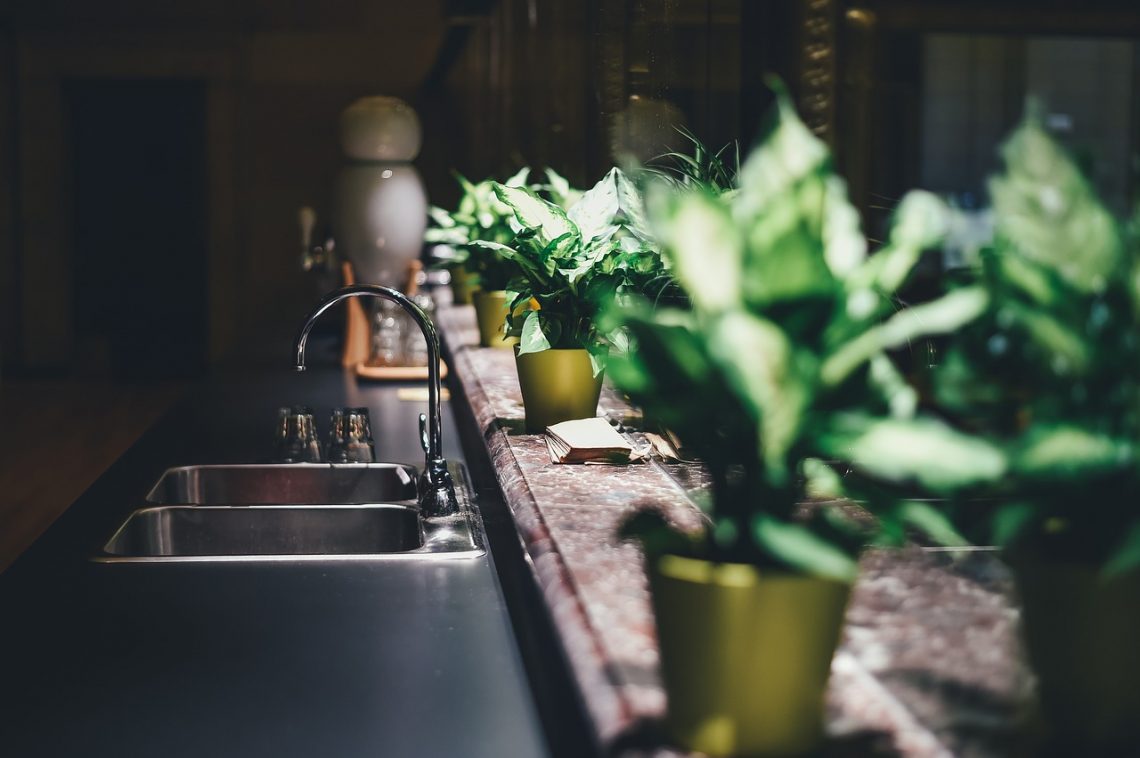 In conclusion, a functional kitchen sink is vital for the overall functionality and efficiency of your kitchen. It serves multiple purposes and plays a significant role in maintaining good hygiene in your household. Therefore, if your
kitchen sink stops working
, it is crucial to address the issue promptly to avoid any inconvenience and potential damage. Regular maintenance and timely repairs can help ensure that your kitchen sink continues to serve its purpose and remain an essential part of your daily life.
In conclusion, a functional kitchen sink is vital for the overall functionality and efficiency of your kitchen. It serves multiple purposes and plays a significant role in maintaining good hygiene in your household. Therefore, if your
kitchen sink stops working
, it is crucial to address the issue promptly to avoid any inconvenience and potential damage. Regular maintenance and timely repairs can help ensure that your kitchen sink continues to serve its purpose and remain an essential part of your daily life.








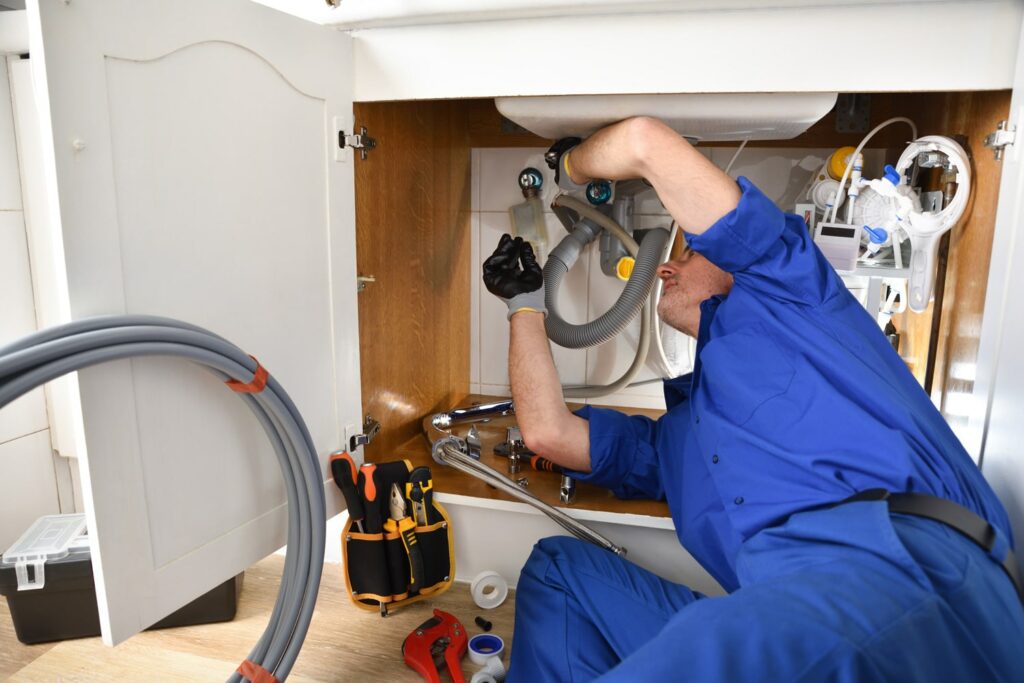




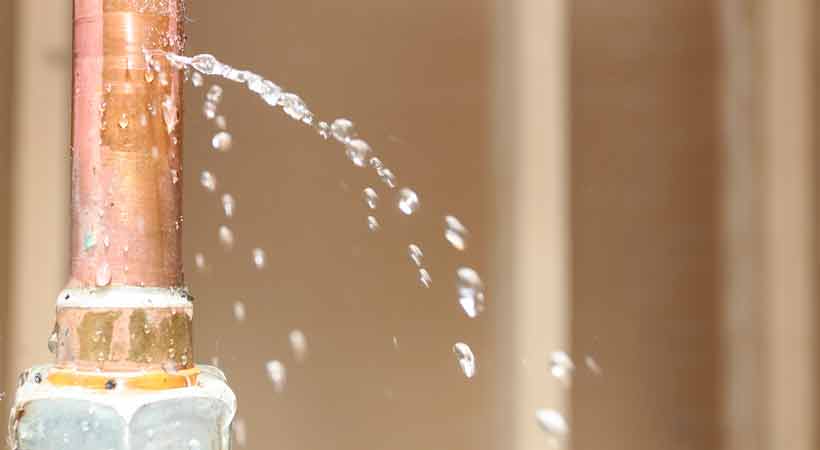

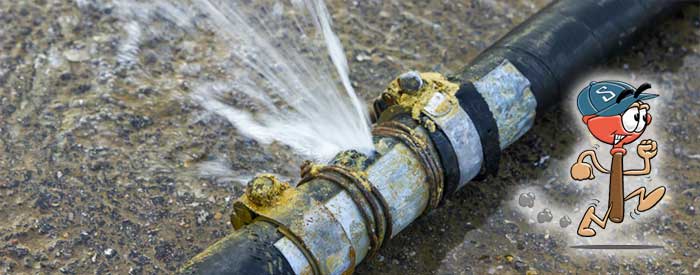
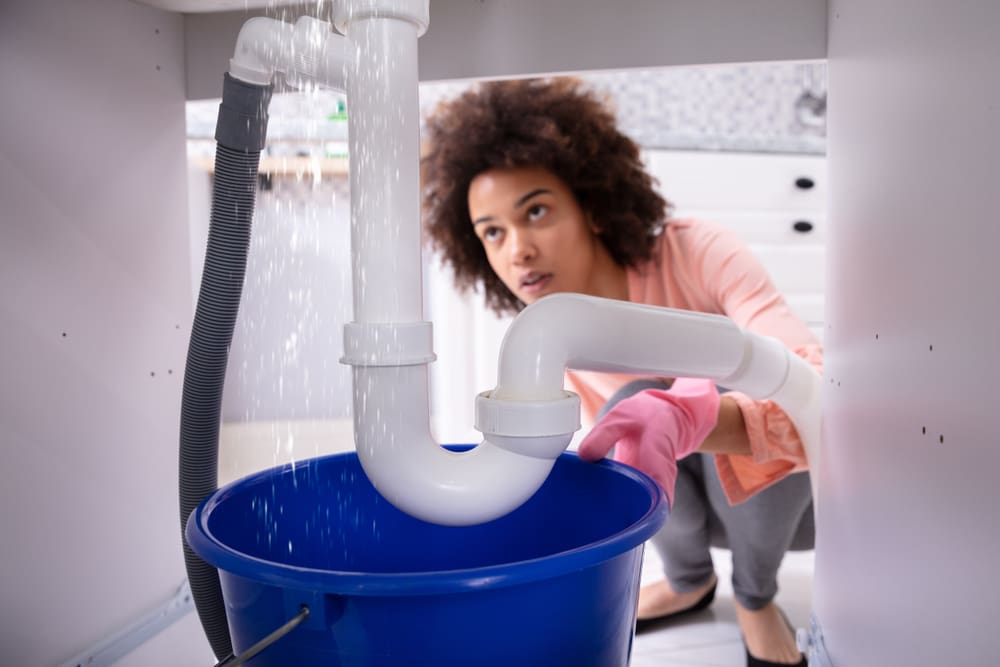


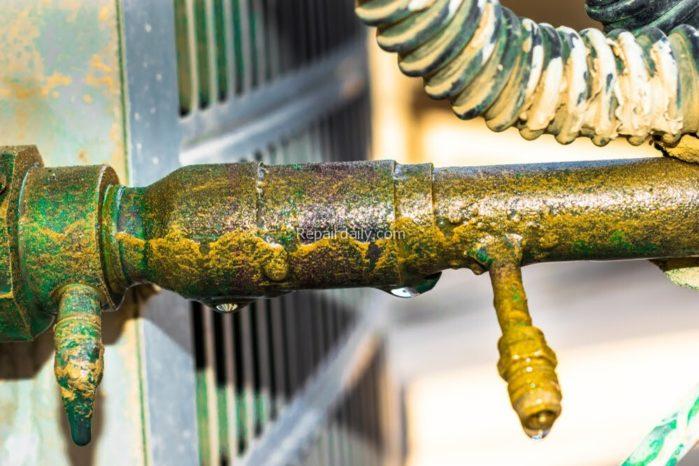






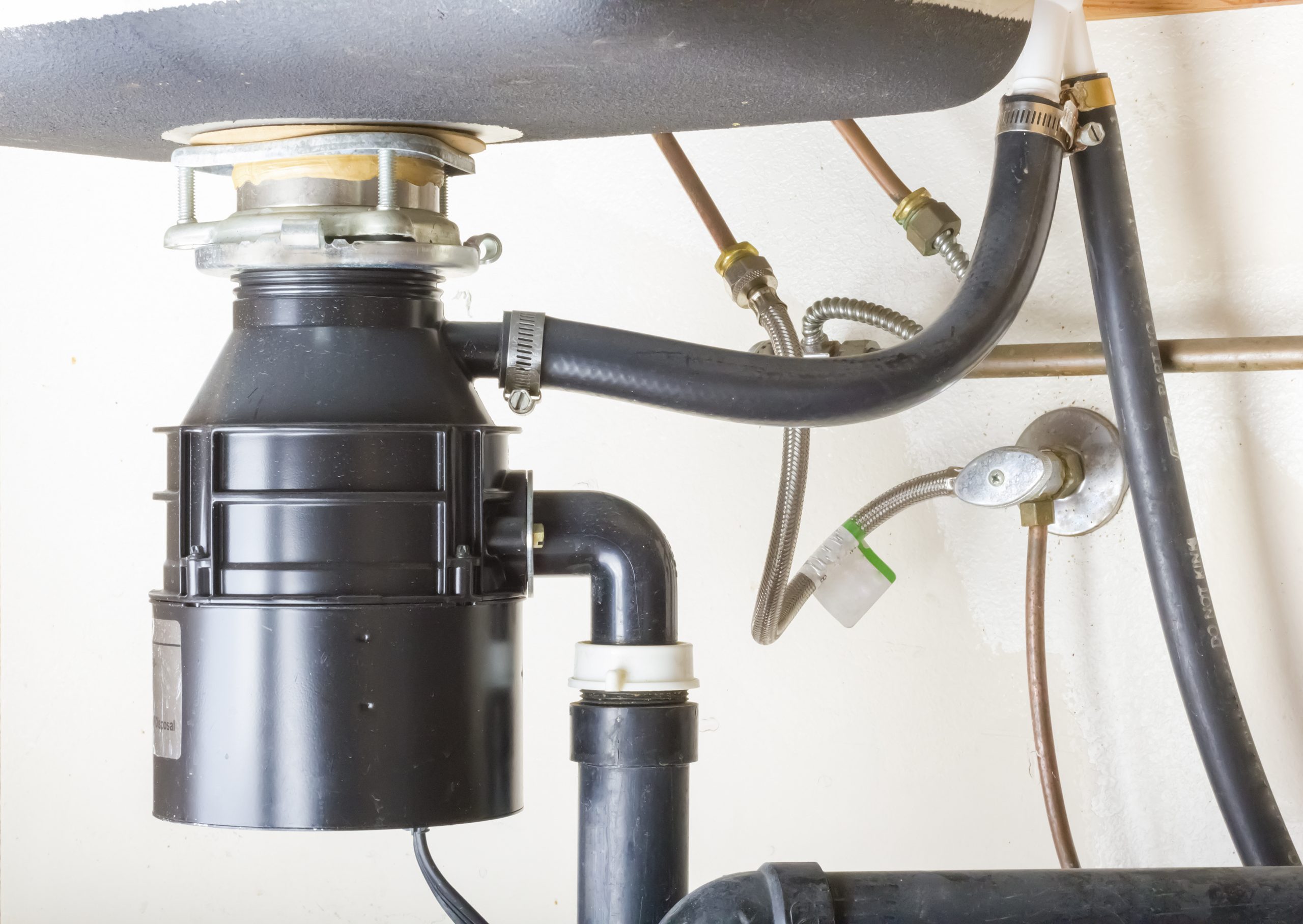
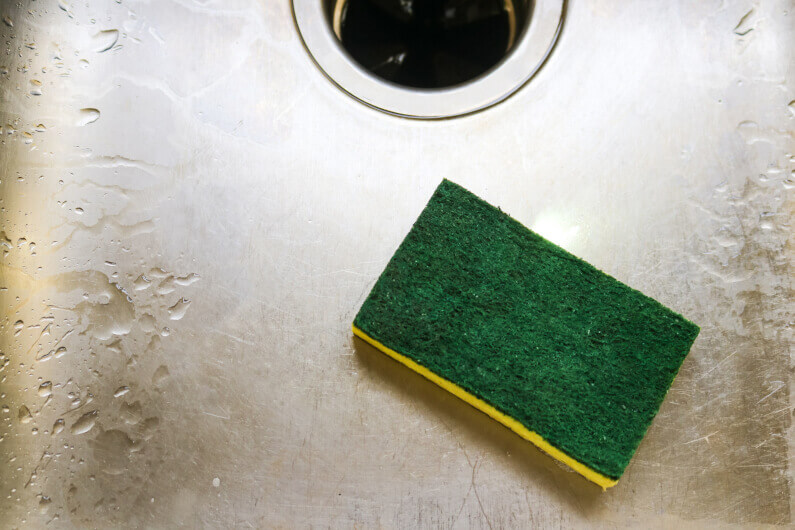


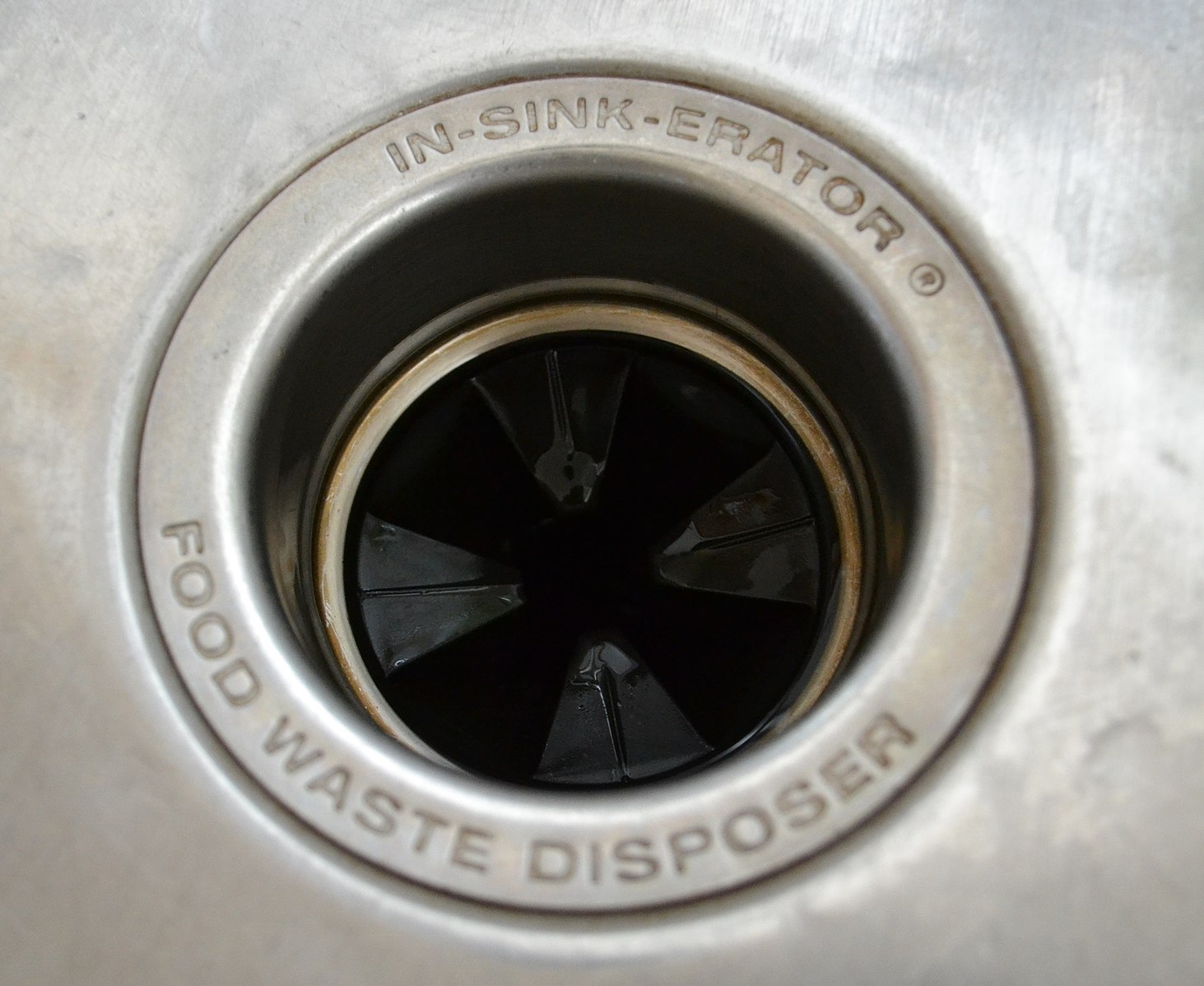
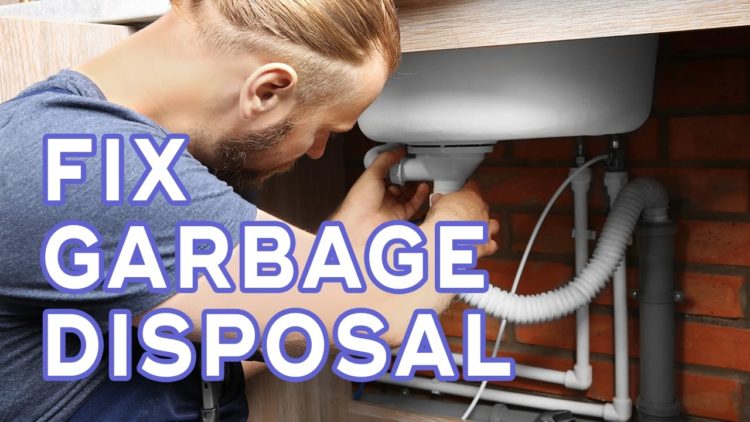

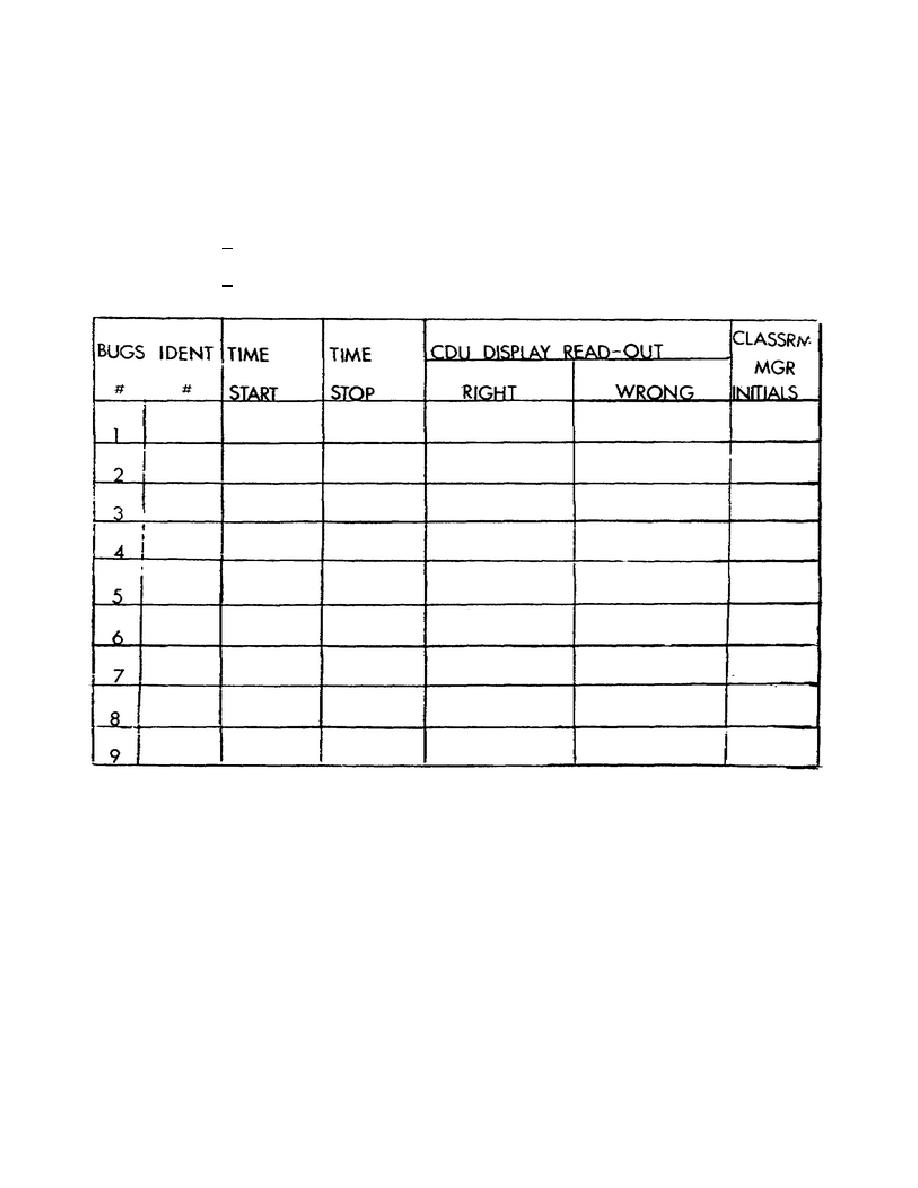

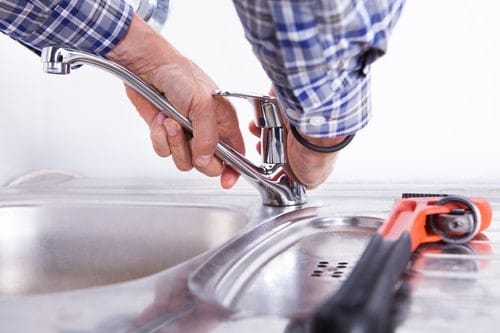




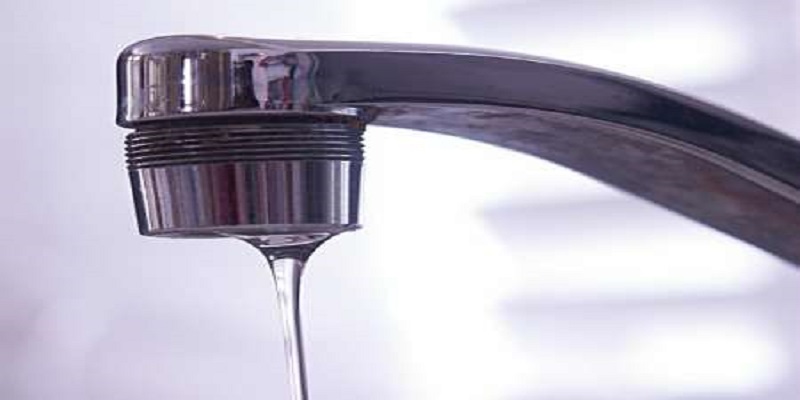




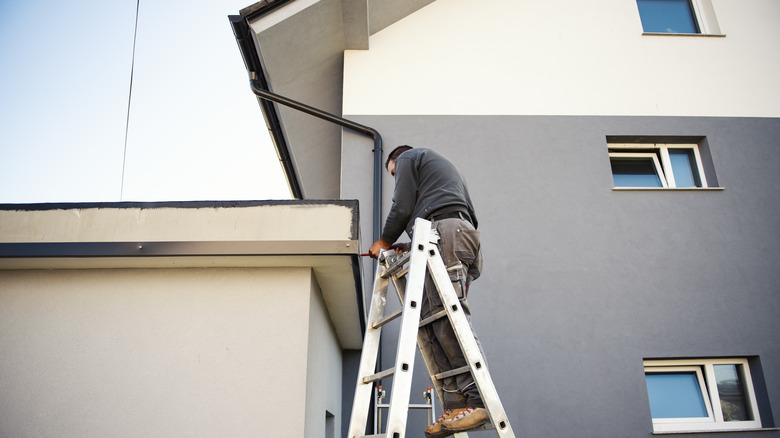
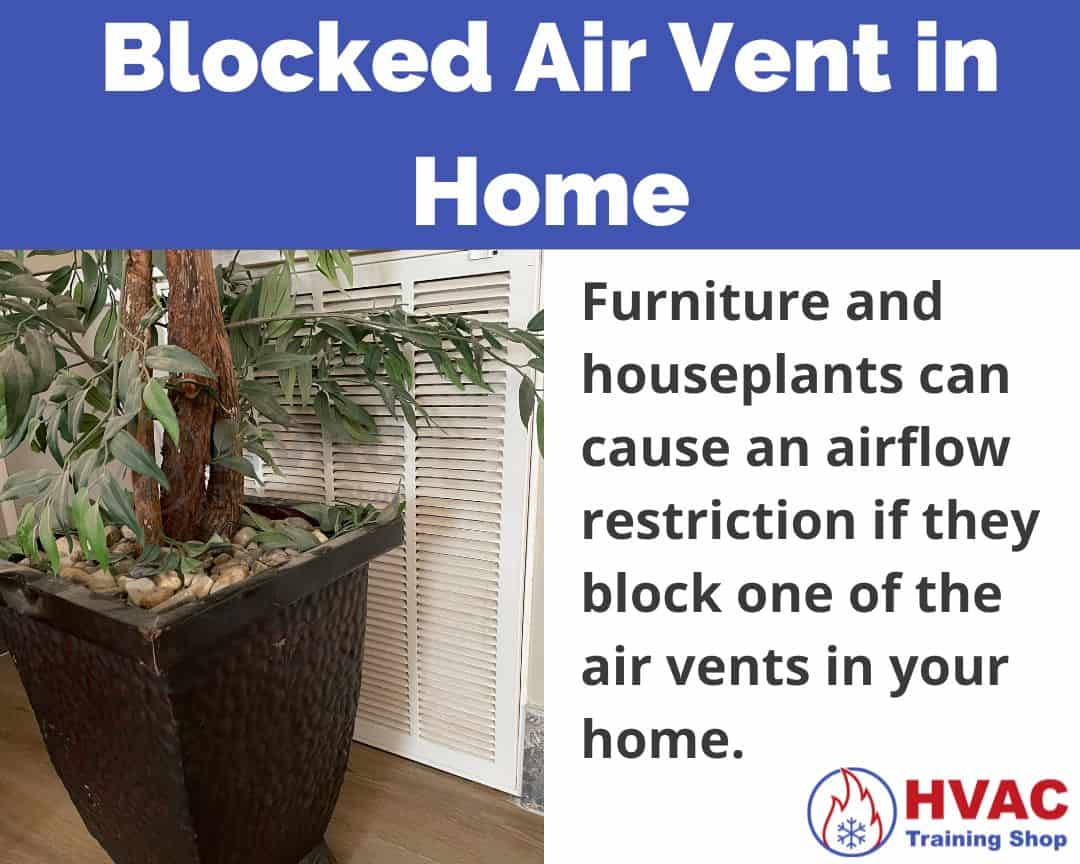




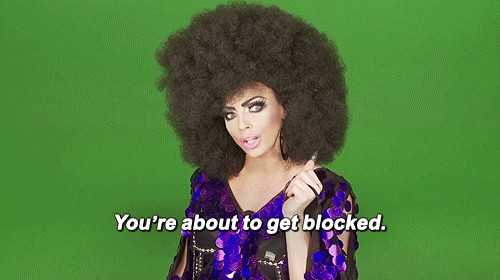











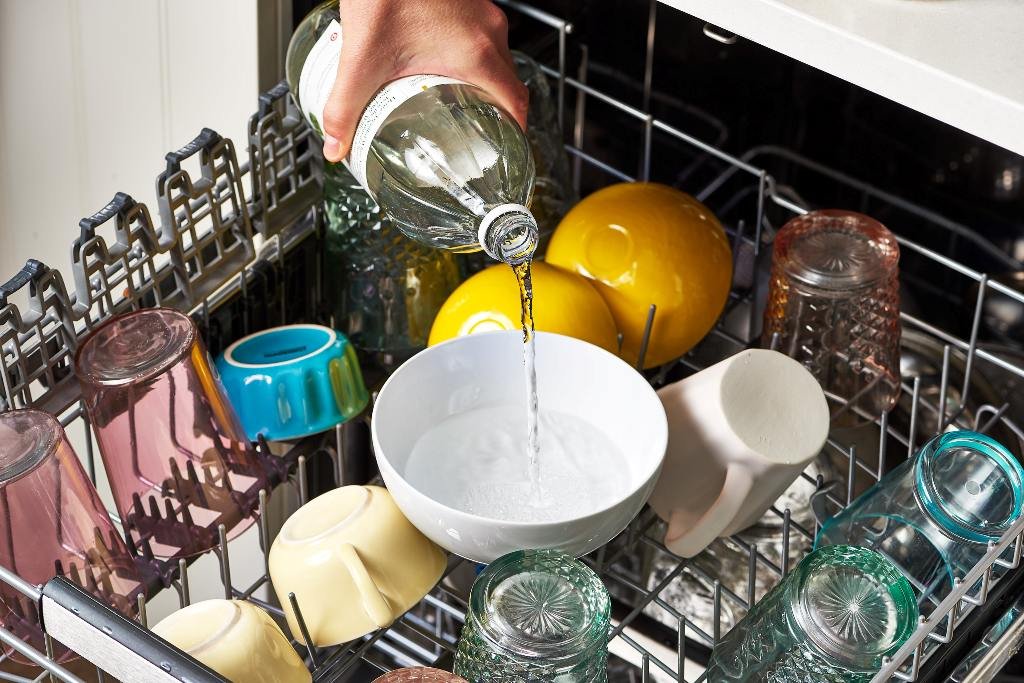
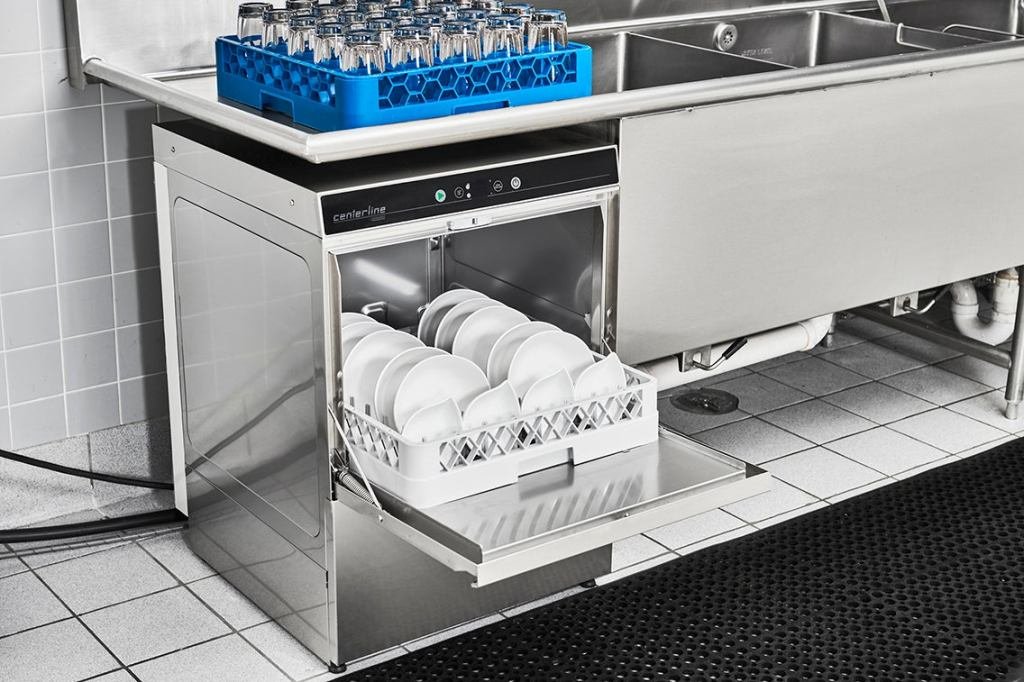
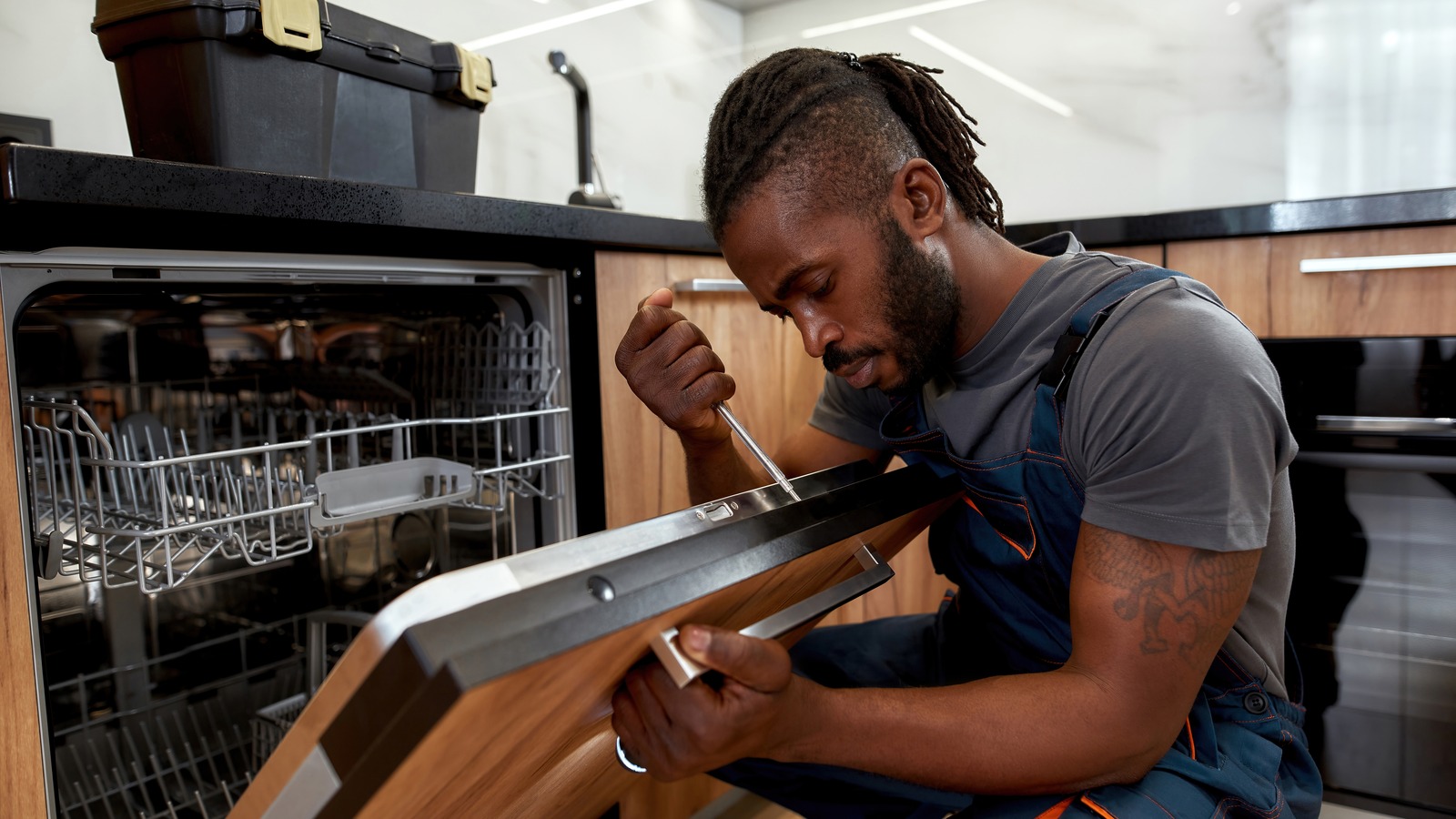


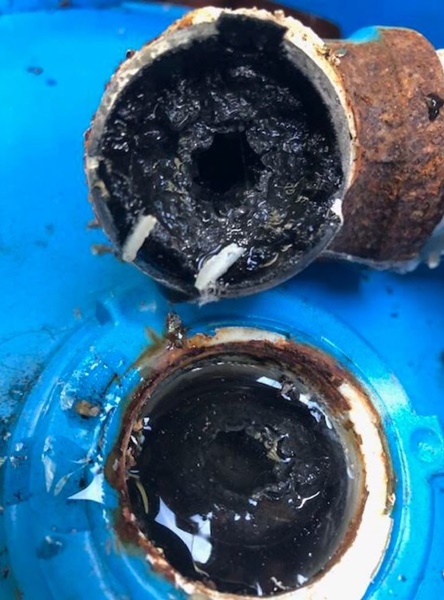


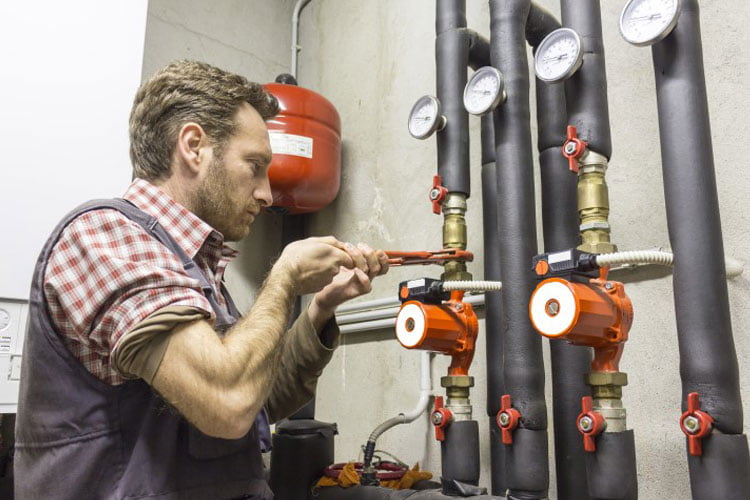

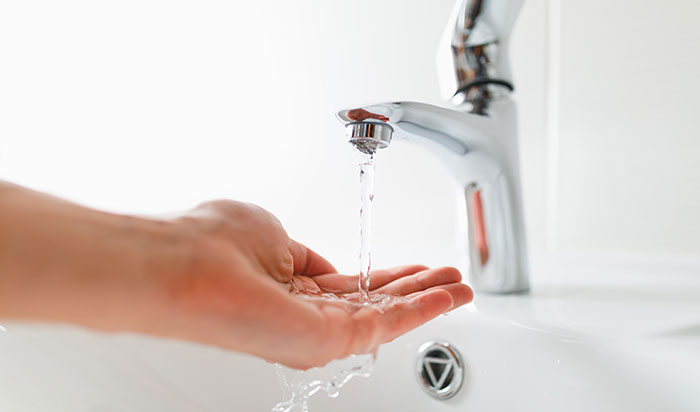




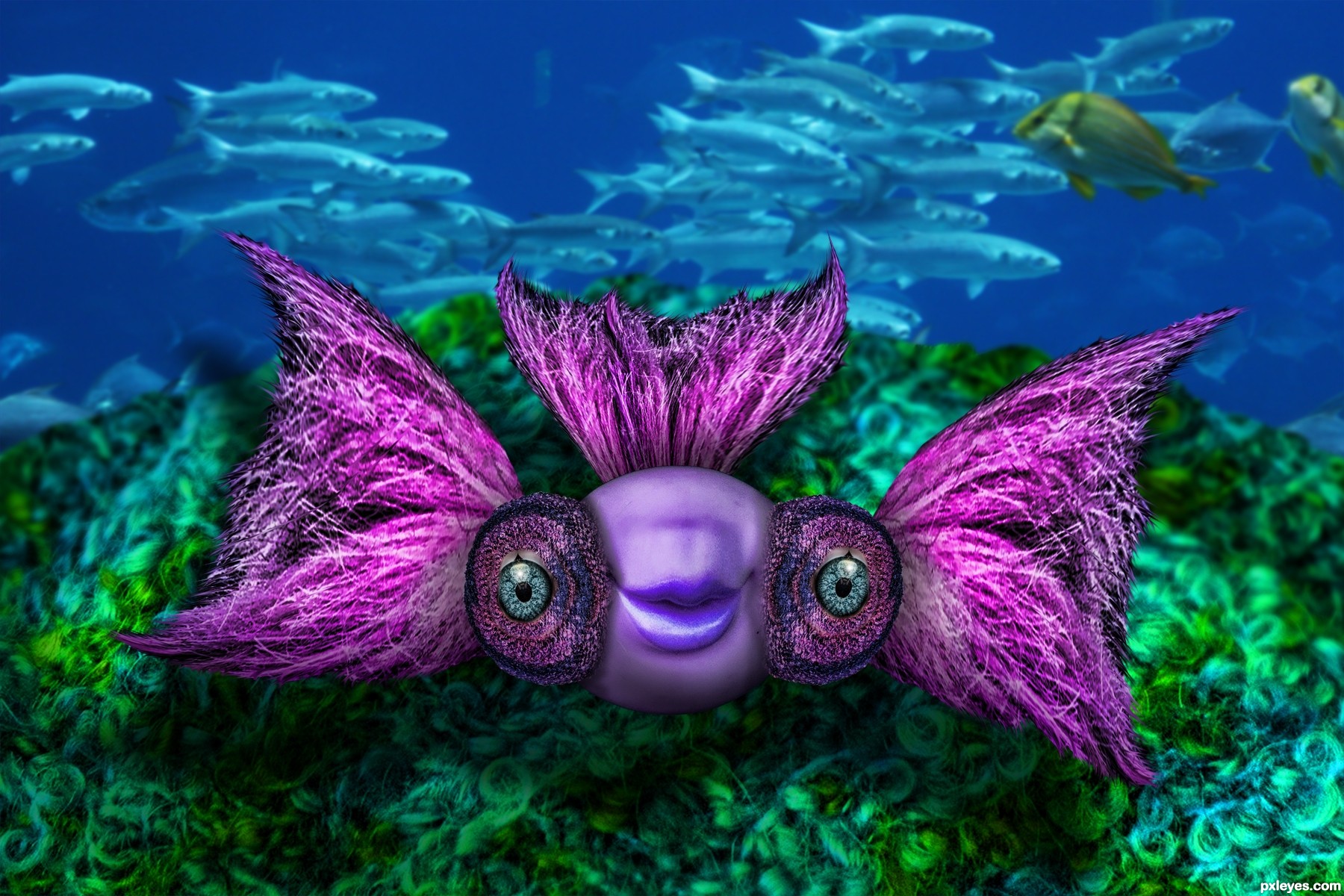


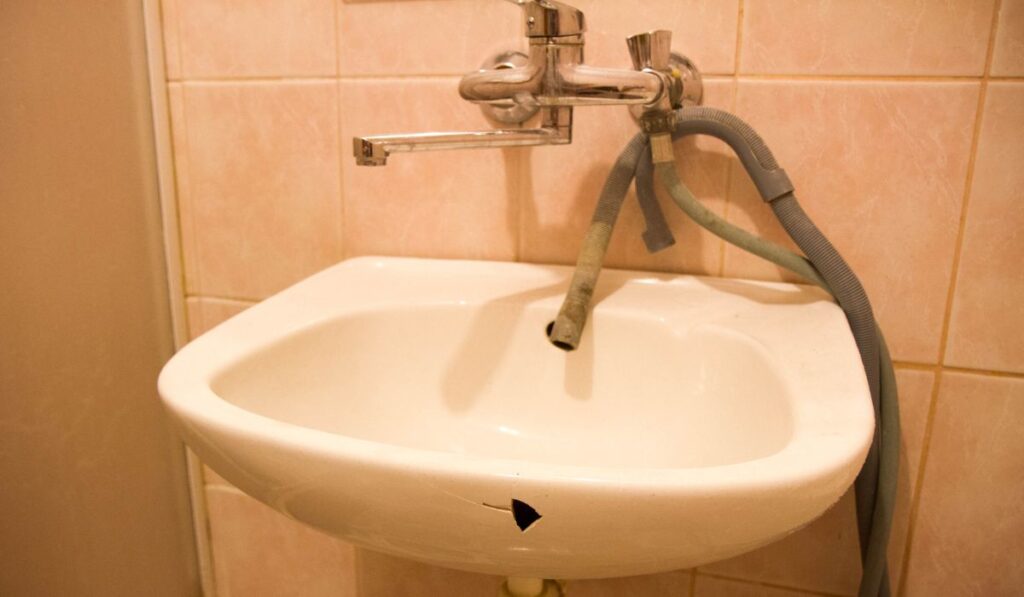
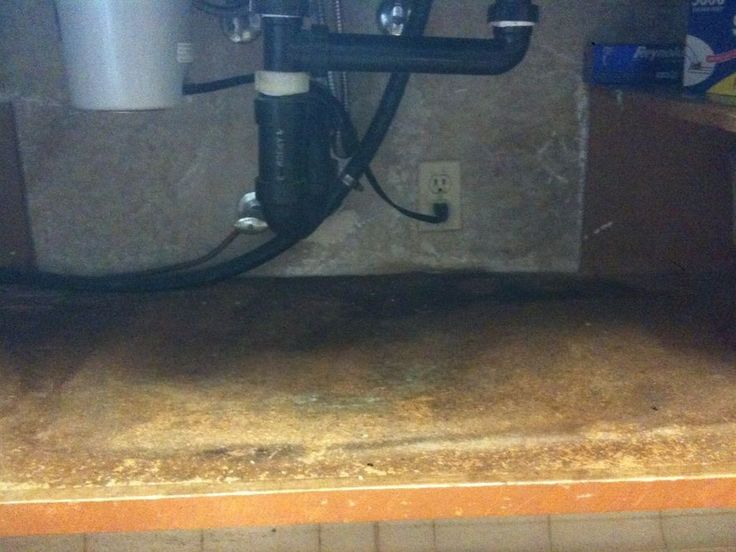

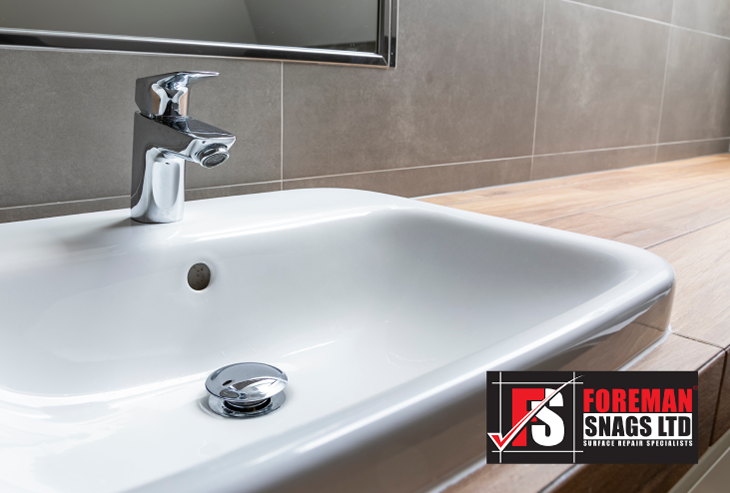


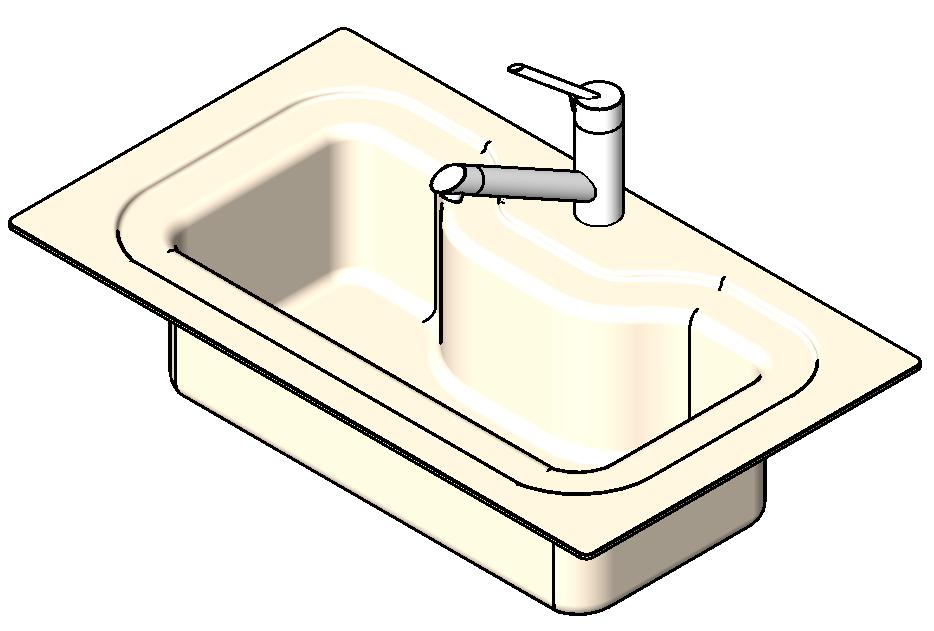
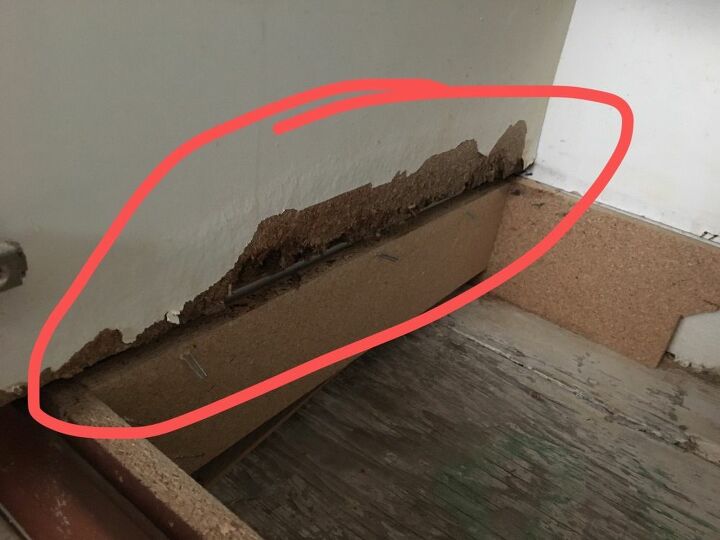








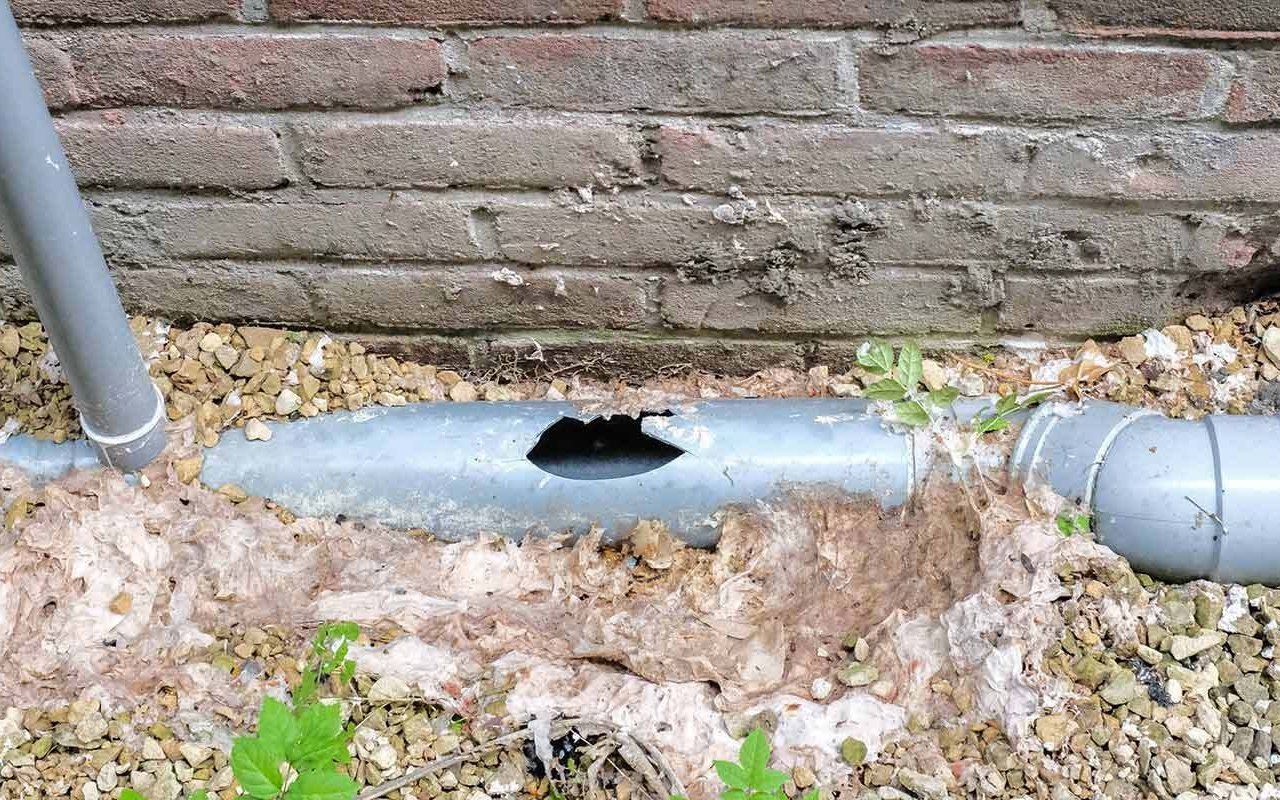


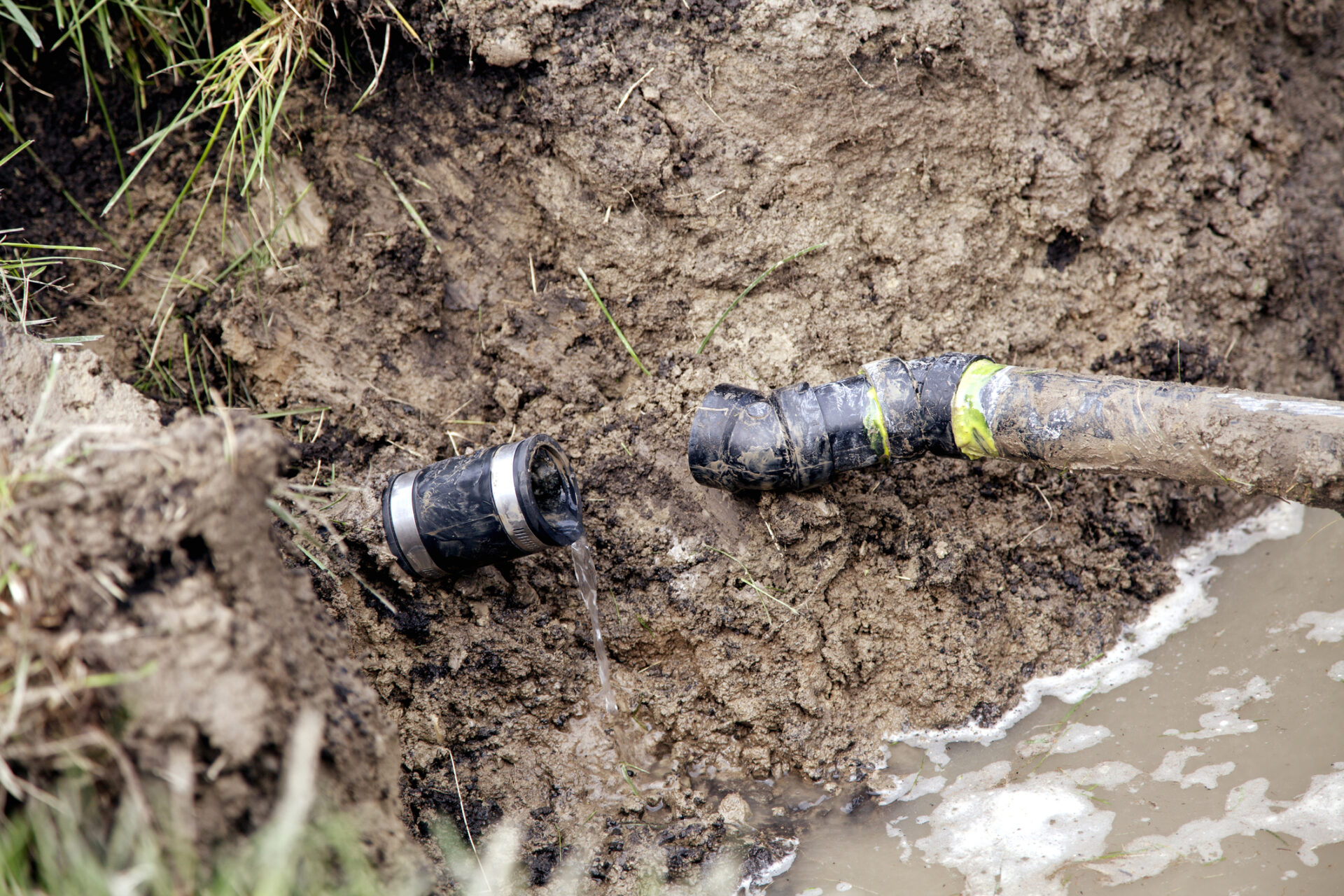
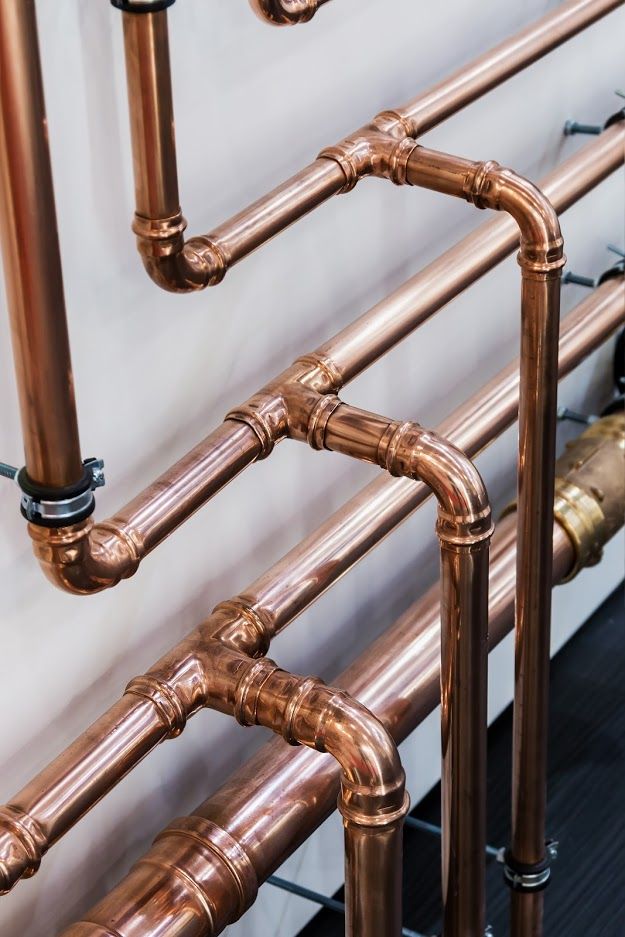
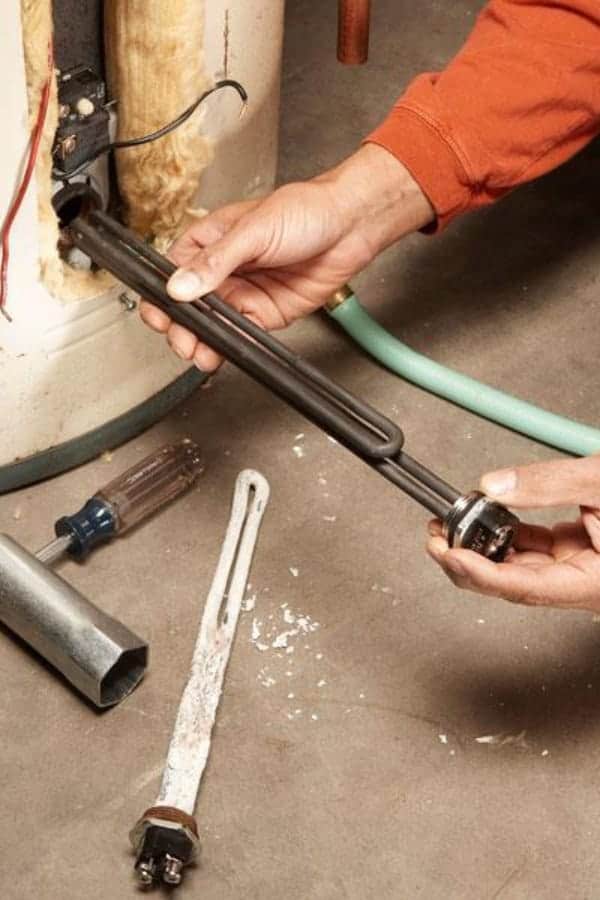


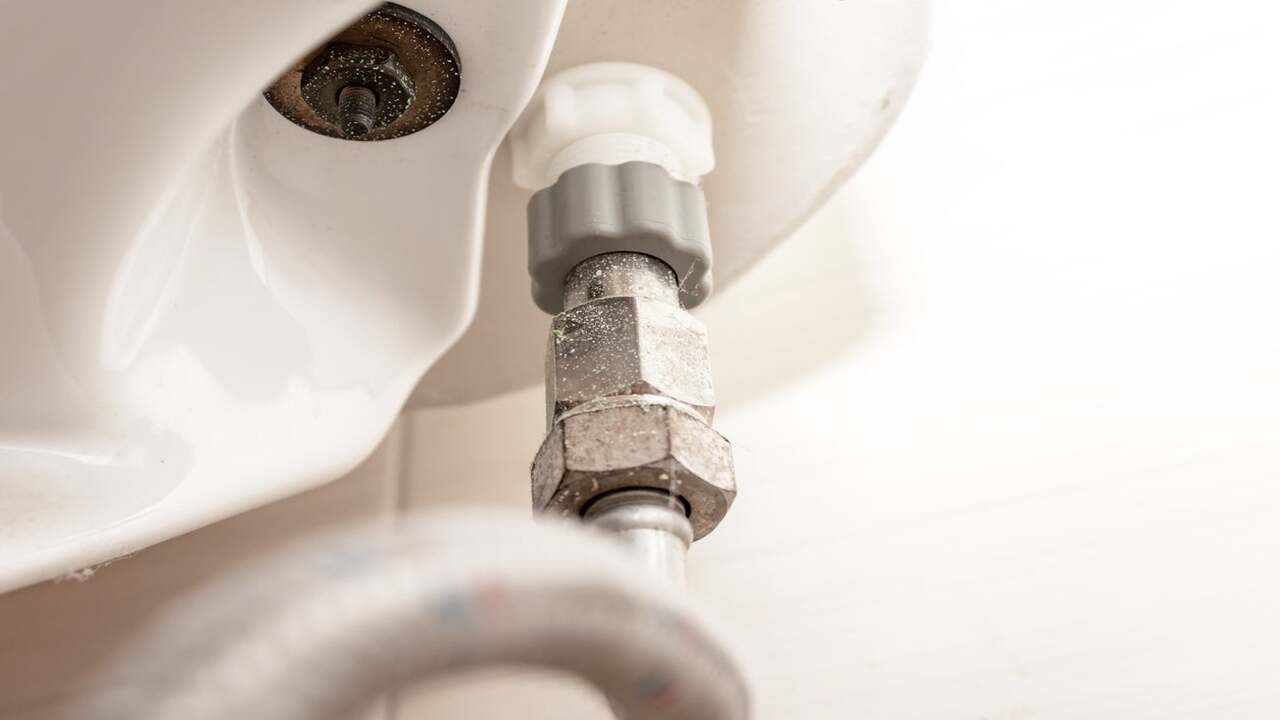

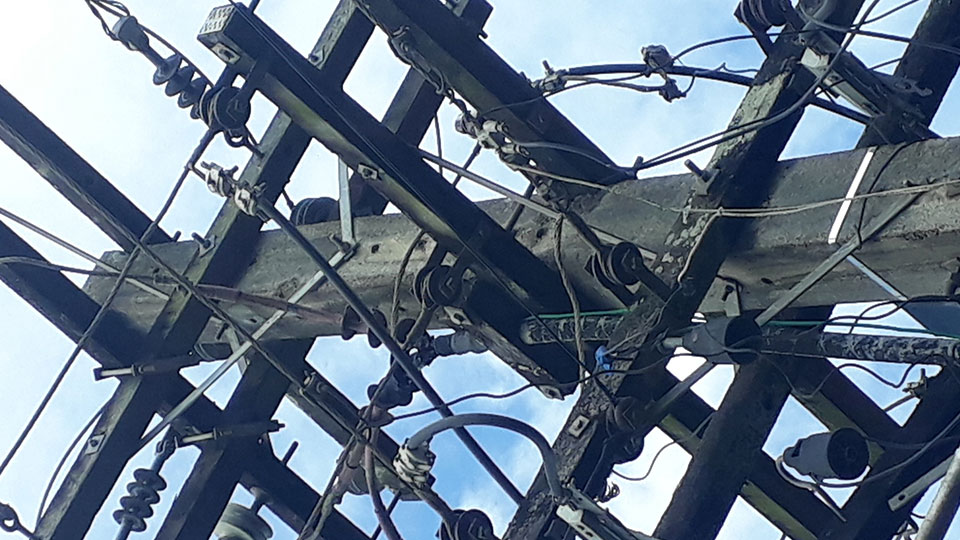



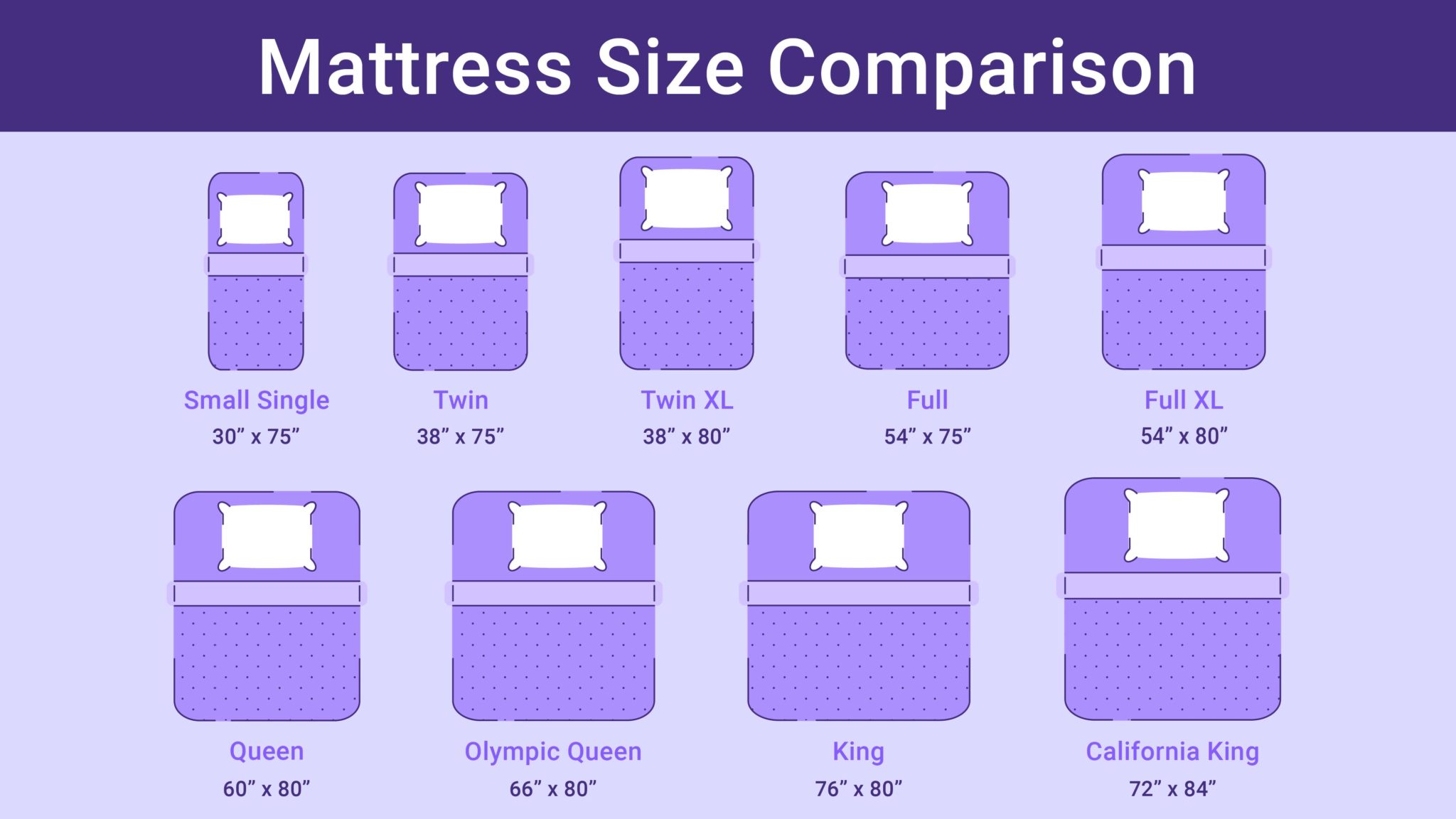



/thomas-oLycc6uKKj0-unsplash-d2cf866c5dd5407bbcdffbcc1c68f322.jpg)

